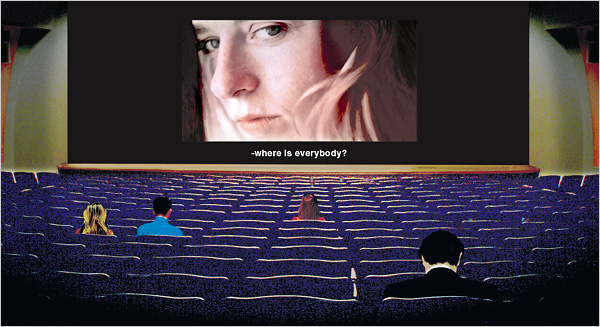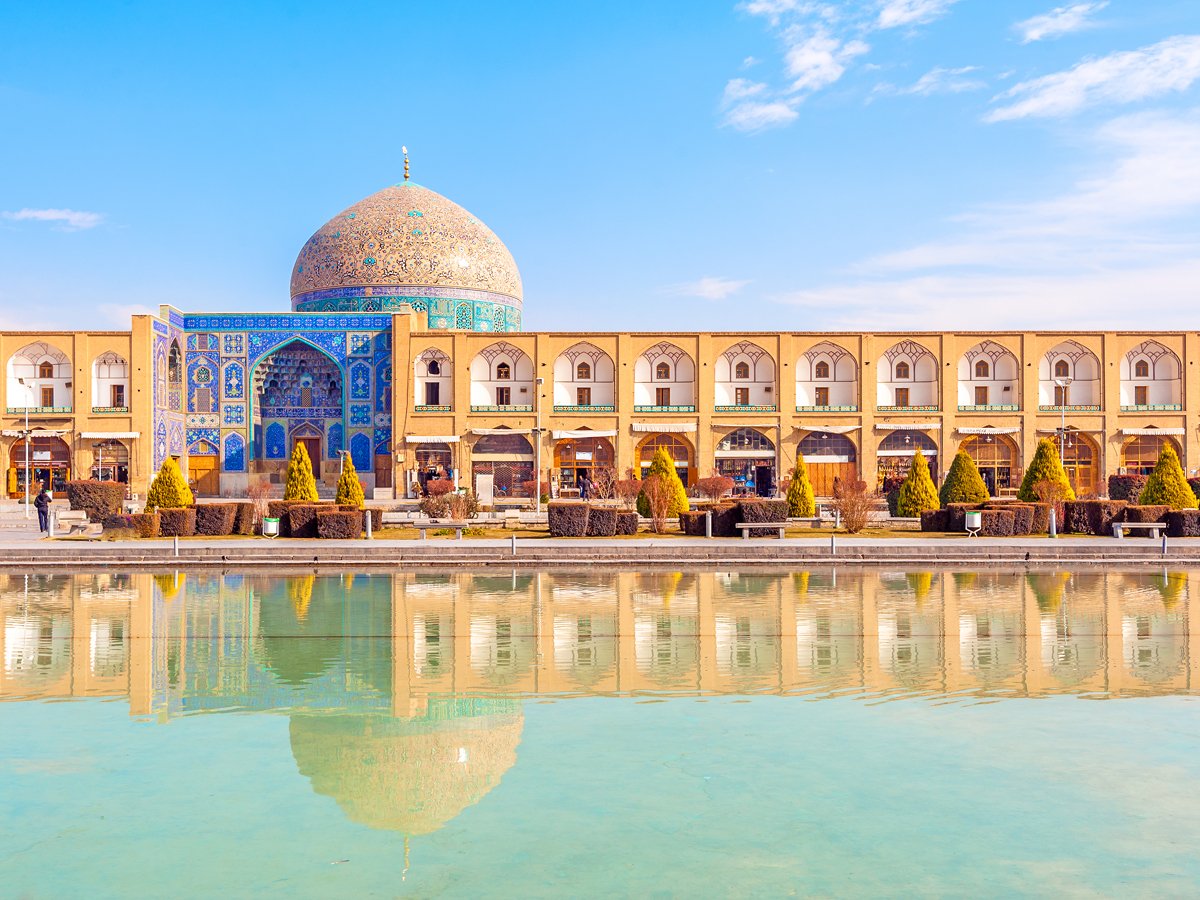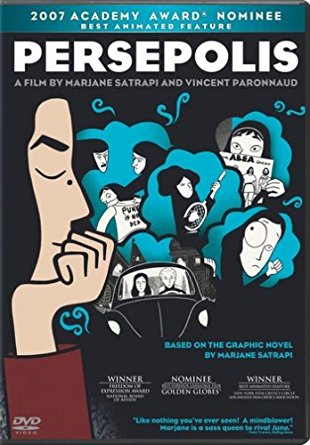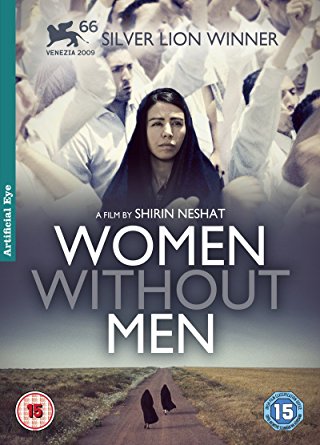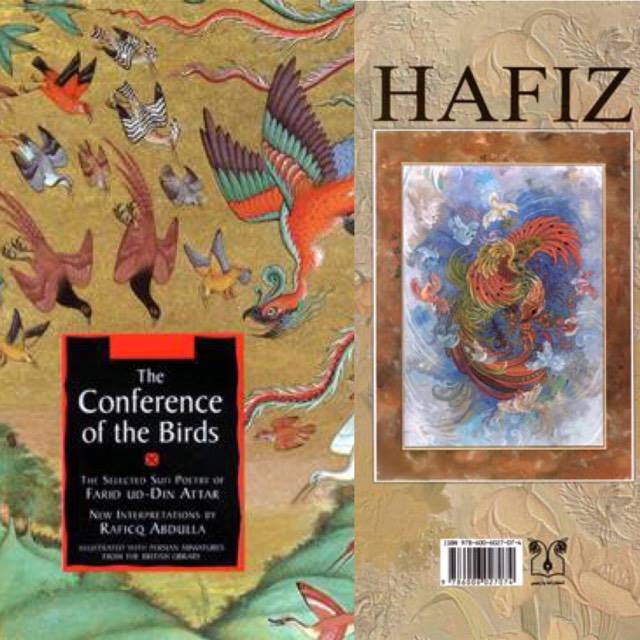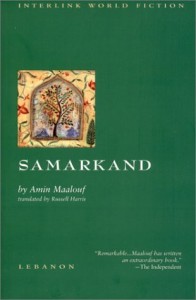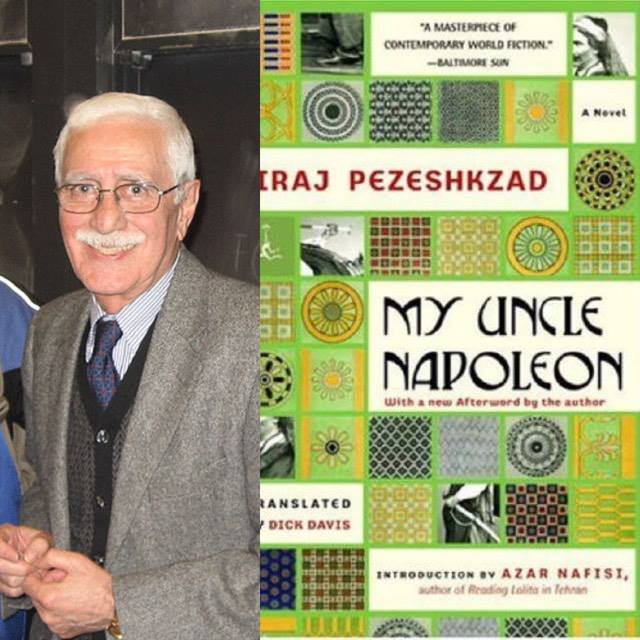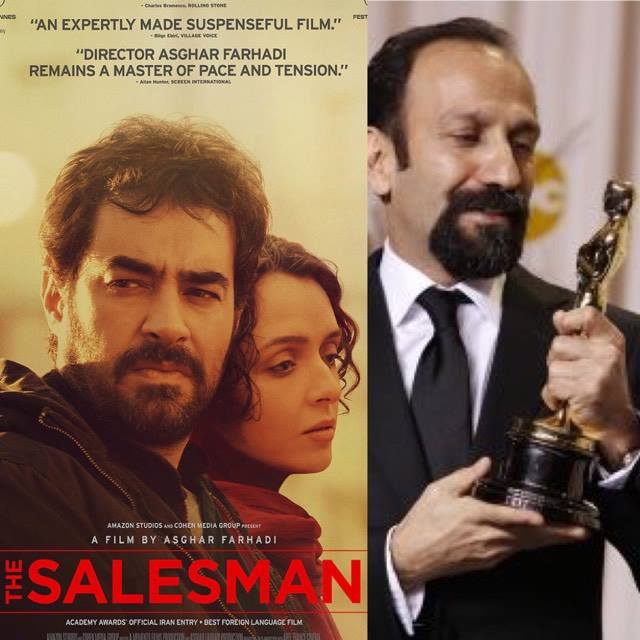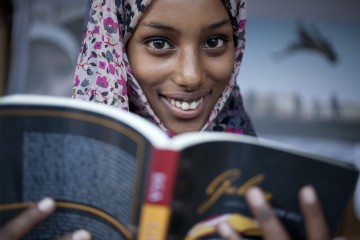Books from Banned Countries Part 1: Iran
Enemy In Translation: Iran
American’s aren’t known for their appreciation for foreign cultures. From certain states demanding that everyone speak English, to the lack of foreign films on streaming platforms. Most American’s are definitely nationalists when it comes to art.
So, it should come as no surprise that books by foreign authors are in short supply in the states.
One of my New Year’s resolutions was to read more fiction. I am often reminded that only 3% of the books published in the United States are translations, I’d like to challenge you to read more books in translation.
Here at Broke-Ass Stuart we often read in lieu of traveling (because “Broke”); translations are therefore perfect travel companions.
And while we’re trying to keep this as apolitical as possible, there have been some recent developments you may have heard about that put some of our favorite authors on the travel ban list (now revoked). So we’ve decided to dedicate the first few installments of the “Enemy In Translation” series to the literature coming from authors from the listed countries on the travel ban: we’ll start with Iran, then Iraq, move to Libya, Somalia … you get the picture.
And because we’re shameless opportunists, we’re calling this segment the “Enemy In Translation Series” – with a sincere hope that the enemies get friend zoned asap.
Before we get into articles country by country, here are a couple of helpful pointers:
Most literature from the countries on the list falls into the realm of Arabic literature, but not all. Iran does not, Somalia does not. Likewise, not all literature from the remaining five countries is written in Arabic. The internet makes it wonderfully easy to follow the development of different literature, and as the interest in them is growing, so are the resources available.
The most comprehensive and up-to-date resource on Arabic literature translated into English is the awesome and aptly named Arabic literature (in English), which covers not only literature and also daily shenanigans – book launches, film premieres, theater tours and blacklisted authors currently in jail. If you’re interested in cultural events from the Middle East and North Africa, you should definitely follow it.
Also splendid are Banipal, Qantara, and Words Without Borders.
Even if the only work of Arabic and /or Middle Eastern literature you’ve ever heard of is One Thousand and One Nights, you’re off to a good start: just think of the literary techniques and genre diversity of the stories included in the collection and the authors they have inspired – in other words, if Poe and Borges could find something in it that stirred their creative brain, so can you. The more you read, the more will get translated – including genre fiction.
A friendly reminder:
We’re trying to break through stereotypes here…
So we would advise that, at least initially, you do not buy anything that has the eyes of a veiled woman on the cover. While it doesn’t automatically mean that the book is cliché, it may mean that the publisher is trying to pander to the general expectations or is just plain lazy – neither behavior endorsed here at Broke-Ass Stuart.
If you are theoretically inclined, (re-)read Edward Said’s Orientalism. It will give you a solid foundation on how “the Other” is constructed – in Said’s case, the Other is an Oriental, that dangerous figure that persists until this very day. If you only have an hour, listen to Jacob Krueger’s podcast about constructing the Other and Hollywood.
We will try to include as many diverse types of literature as possible – fiction and non-fiction, different genres, and also other media, particularly film.
Suggestions welcome, and now on to our very first country: Iran
Here is the first of the seven short pieces on the literature from the countries threatened with travel ban (as promised in the intro).
Around this time last year, I wrote a short list presenting five contemporary Iranian films I thought you might enjoy. The list was not finite or authoritative, merely an invitation to approaching a cinema that rarely makes it beyond the festival circuit and art house movie theaters.
Books share the same fate – all too often clumped together under “translations” and ignored unless they corroborate our expectations about those represented in them – or they get the author in trouble for defying the social convention. Or, preferably, both. Because this at least guarantees book sales. Strangely enough, it happens more to the works coming from the non-western literary tradition. (Although I presume there are people who read Proust’s Remembrance of Things Past and go, “Tsk! Tsk! Well, what did you expect, it’s the French. All debaucherous parties and no work!”)
But by doing so, we’re missing out on so much fantastic literature that it kind of hurts.
Here’s a selection of Persian/Iranian books that I found interesting or that people recommended to me. Feel free to add to the list.
Since my last year’s piece was about films, let me continue here with two works that were made into films. The first one is Marjane Satrapi’s graphic novel Persepolis (both parts) a witty and often painful account of growing up in revolutionary and post-revolutionary Iran. The novel does an excellent job destroying the image of Iran as a society of a single voice (and mind) – Satrapi’s family alone is a collection of well, just about as many interesting characters as you can fit into one family. The second part shows, in painful details, what it’s like to be an immigrant in the West, as well as the difficulty of a return. If you prefer films, the award-winning animated feature is also fabulous.
Another award-winning feature based on a book is Shirin Neshat’s Women Without Men from 2009, based on a short novel of the same name by Shahrnush Parsipur. The stories are of five women from different backgrounds that meet in an almost mythical garden on the outskirts of Tehran, imagining a world in which they could live without men, set against the backdrop of the semi-recent period of Iranian history – namely the 1953 foreign-supported coup against Muhammad Mossadegh. (Let’s just call it that, as this is not a political piece.) The elements of mysticism and/or magical realism might not be to everyone’s taste, but the book is worth reading anyways. (If you’re more a non-fiction person, check out Parsipur’s prison memoir Kissing the Sword.)
Poetry more your thing? Grab yourself a poetry collection by Forough Farrokhzad and you’ll be gone for hours – or days. For a taste, her poems are widely accessible on poetry sites.
Classical Persian literature should need no introduction, but just in case a reminder is necessary: Firdousi’s Shahnameh, Rumi’s Masnavi, Attar’s The Conference of the Birds and most anything by Hafez.
Omar Khayyam, of course, is a galaxy unto himself – and I mean galaxy: the man was a poet, a philosopher, an astronomer, a mathematician, a Bon vivant … the kind of person, it seems, you’d want to just hang out with and learn from. Speaking of which, based on the number of people who did learn from him, he was not just a polymath, but, to use that horrible word, an influencer. Seriously.
(For an interesting take on his life and associations, read Amin Maalouf’s Samarkand.)
To come back to our lifetimes (just about): I was told I should not leave out Iraj Pezeshkzad’s My Uncle Napoleon because it makes every list of Iranian books. It’s been sitting on my shelf for years and I haven’t yet come around to reading it. I will, I will.
And since I started with films: watch for Asghar Farhadi‘s The Salesman, this year’s contender for the foreign-language Academy Award.


